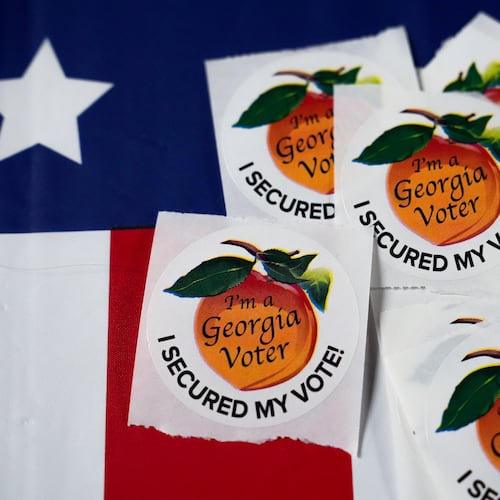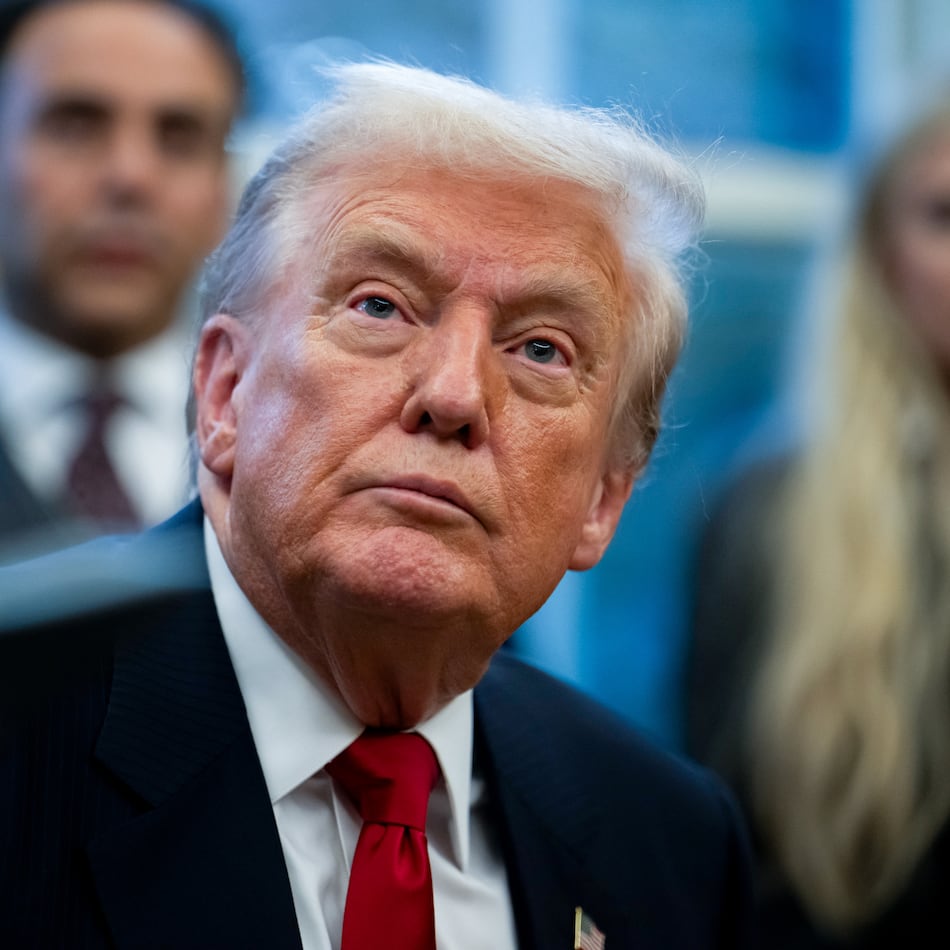After weeks of waffling over whether to hold a public forum with the three police chief finalists, Mayor Kasim Reed finally gave in to pressure and invited Atlantans to the Civic Center June 3 to grill the candidates.
The 200-plus person crowd got two unscripted hours of the finalists answering questions from the audience. Mayor Reed got to see how each of the candidates handled a large, skeptical crowd.
There were plenty of platitudes about community involvement and establishing trust, but the freewheeling Q&A format managed to be both entertaining (first question of the night: What are you going to do about officers eating at restaurants and never paying?) and illuminating. (Interim chief George Turner blurted out in the final 10 seconds of the forum that he deserved to be the chief because “it’s my time.”)
What the format could not do was allow follow-up questions that nail down the critical differences between Turner, Louisville, Ky., Police Chief Robert Crump White, and former Rochester, N.Y., Police Chief Cedric Anderson.
As Mayor Reed mulls over his most important hire, here are three questions he must ask the candidates before making a final decision:
1. How are you going to measure the success? Whether they are called quotas, targets or productivity measures, linking police officers’ performance evaluations to the number of arrests and warrants they make encourages junk arrests at the expense of more difficult, time-consuming police work.
On the individual level, officers end up prioritizing a marijuana possession or trespassing arrest over building the relationships that help solve more serious crimes.
On the department level, the chief ends up touting large numbers of arrests (as Turner did at the forum) rather than committing the resources to finding and changing the conditions that produce the criminal activity in that particular neighborhood.
At the same time, measuring a zone commander’s success by crime statistics may result in officers being encouraged to downgrade reported crimes. The combination of a large number of junk arrests and an underreporting of crime statistics creates a situation where no one trusts the police.
All the candidates said they want to build trust. Whether they will be able to do so depends on what and how they choose to measure.
2. How are you going to discipline officers who refuse to answer the Citizen Review Board’s questions? Turner tried to finesse a question about the CRB by talking about the department’s internal oversight mechanism, sliding past the fact that the CRB was established when the police department proved unwilling or unable to conduct an unbiased internal investigation of the shooting death of 92-year-old Kathryn Johnston.
The APD’s ongoing defiance of the CRB’s requests for information prompted the City Council to recently mandate the APD chief discipline officers who refuse to answer the CRB’s questions.
Each of the candidates agreed at the forum that they would follow the law as laid down by the City Council.
But here, the devil is in the details. Chiefs around the country who believe that being forthcoming is part of an officer’s duty to the public make it a condition of continued employment: Answer CRB questions or find another job.
Chiefs who have a lower standard of public scrutiny game the system by giving tight-lipped officers three days of paid leave and calling it “discipline.”
Reed needs to know what level of integrity the new chief will demand of his officers. This is the question that will let him know.
3. How will you eliminate blackout times with the current number of officers?
Atlanta’s city auditor found that Atlanta’s less affluent neighborhoods were in blackout — times when no officer is immediately available to respond to emergency calls — almost three hours day. Atlanta has more officers per 1,000 residents than six out of seven comparable cities, so the problem is not a shortage of officers, but deployment.
The problem stems from the large number of officers assigned to work in special units, which almost never (less than 0.5 percent of the time) respond to emergency calls.
Dismantling ineffective special units like Red Dog is an obvious solution, but tricky to carry out.
Though Red Dog officers’ military gear and war zone mentality have made them unpopular among those they should be protecting, being a member of a special unit is considered a step up from being a patrol officer.
How the candidates answer this question will give Mayor Reed insight into what each candidate believes needs to change, and how they intend to go about making those changes.
And of interim Chief Turner, Reed needs to ask an additional question: What did you mean by saying “it’s my time” when asked why you should be made chief?
The public forum at the Civic Center started with a zinger about officers routinely leaving restaurants without paying their bill.
The audience laughed, but when line officers’ sense of entitlement to free meals is put alongside an interim chief who seems to believe he is entitled to the position, it stops being funny.
If Mayor Reed wants a chief who will step in and reform a troubled department, he will want to know the answer.
Kung Li of Atlanta is a Fellow at the Open Society Institute and the former director of the Southern Center for Human Rights.
About the Author
Keep Reading
The Latest
Featured


